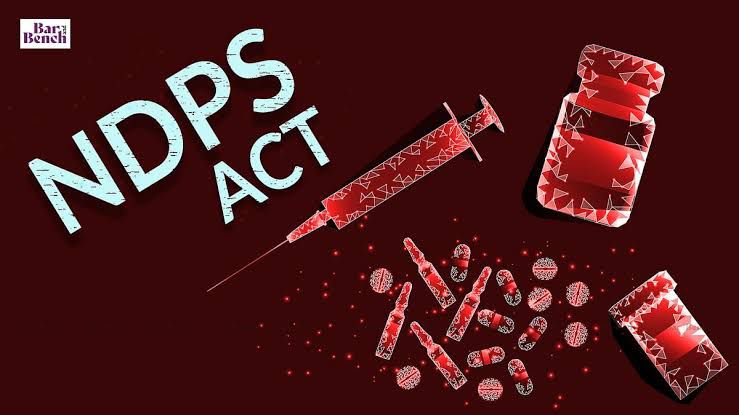Title: Raveendranath V State of Kerala
Citation: CRL.A NO. 1200 OF 2023
Decided on: 09.11.2023
Coram: Justice N. Nagaresh
Introduction
The Kerala High Court recently acquitted an individual under the NDPS (Narcotic Drugs and Psychotropic Substances) Act, citing the prosecution’s failure to produce an alleged written communication that informed the accused of his right to be searched before a Magistrate under Section 50 of the Act. The court also noted the absence of the accused’s alleged written consent waiving this right. Justice N. Nagaresh emphasized that the prosecution’s failure to present the communication or consent letter, as required by Section 50, created prejudice against the accused. The court further asserted that evidence of illicit narcotic drugs or psychotropic substances, obtained by the police in violation of the safeguards outlined in Section 50, could not be relied upon to convict the accused. Consequently, the High Court acquitted the individual in question.
Facts of the case
The appellant, the only accused in the case, was found guilty by the Additional Sessions Judge-VIII, Ernakulam, for possessing contraband under Section 22(c) of the NDPS (Narcotic Drugs and Psychotropic Substances) Act. The court sentenced the appellant to ten years of rigorous imprisonment, along with a fine of one lakh rupees, and an additional three-month sentence in default of payment. On appeal, the appellant argued that the search was conducted in violation of Section 50 of the NDPS Act. The appellant contended that there was no written consent letter permitting the search in the absence of a Magistrate or a Gazetted Officer. It was further asserted that the lower court erred in stating that Section 50 compliance was unnecessary since the seizure was made from the handbag and not the appellant’s body. The appellant also claimed that they were not informed of their right to request the presence of a Magistrate or Gazetted Officer.
Court’s observation and analysis
The court established that the police conducted the search, and drugs were discovered in the appellant’s handbag. It noted that the police had not provided details of the communication given to the appellant or the consent letter obtained from him. The court referred to the Supreme Court decision in State of Punjab v Baldev Singh (1999) and emphasized that a conviction cannot be upheld based on the recovery of illicit articles without complying with Section 50 of the Act. The court observed that there was no evidence beyond a reasonable doubt to prove that the appellant chose not to exercise his right under Section 50.
Section 50 of the NDPS Act requires that a search be conducted in the presence of a Magistrate or a Gazetted officer. Citing the recent Supreme Court judgment in Ranjan Kumar Chadha v. State of Himachal Pradesh (2022), the court highlighted that when a suspect waives the right to be searched before a Magistrate or Gazetted officer, a written consent letter must be obtained, and the search cannot be based on an oral statement.
While acknowledging the need to protect society from drug-related crimes, the court emphasized that investigating authorities must comply with statutory provisions during investigations to ensure a fair trial for the accused. The court stated that the legitimacy of the judicial process could be compromised if the court condones acts of lawlessness by the investigating agency during search operations. Quoting the Supreme Court, the court reiterated that an accused is entitled to a fair trial, and a conviction resulting from an unfair trial goes against the concept of justice. Consequently, the court allowed the appeal and overturned the conviction.
“PRIME LEGAL is a full-service law firm that has won a National Award and has more than 20 years of experience in an array of sectors and practice areas. Prime legal fall into a category of best law firm, best lawyer, best family lawyer, best divorce lawyer, best divorce law firm, best criminal lawyer, best criminal law firm, best consumer lawyer, best civil lawyer.”
Written by- Amrita Rout


